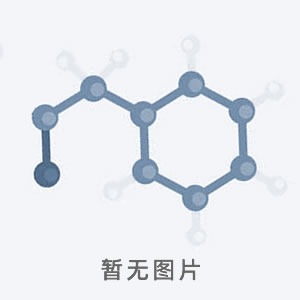本网站销售的所有产品仅用于工业应用或者科学研究等非医疗目的,不可用于人类或动物的临床诊断或者治疗,非药用,非食用。
Mo2Ti2AlC3 - MAX材料
英文名:
Cas号:
Cas号:
检测信息查询

| 货号 | 规格 | 货期 | 库存 | 价格 | 促销价 | 订购 |
| 别 名 | |
| Cas号 | |
| M D L | |
| 分子式 | |
| 分子量 | |
| 产品参数 | MAX相陶瓷(包括钛碳化硅,Ti3AlC2材料等)是一种备受关注的新型可加工导电陶瓷材料这类陶瓷包含六十多种三元碳化物或氮化物.M代表过渡族前部金属元素; A代表主族元素,主要是第三主族和第四主族的元素; X代表碳或氮元素。其中Ti3SiC2研究最为广泛.Ti3SiC2由美国Drexel大学的Barsoum M教授课题组于1996年用热压法成功合成,并且发现了其优异的性能。由于独特的纳米层状的晶体结构,这类陶瓷材料具有抗氧化,自润滑,室温高断裂韧性和可导电等性能。这类材料可以广泛应用为高温结构材料,电极电刷材料,化学防腐材料和高温发热体等。产品主要用于高温涂层,MXene前驱体,导电自润滑陶瓷,锂离子电池,超级电容器,电化学催化。
MAX phase ceramics (including titanium silicon carbide, Ti3AlC2 materials, etc.) are a new type of processing conductive ceramic materials that have attracted much attention. These ceramics contain more than sixty kinds of ternary carbides or nitrides. M represents the transitional front metal elements. ; A represents the main group element, mainly the elements of the third main group and the fourth main group; X represents a carbon or nitrogen element. Among them, Ti3SiC2 is the most widely studied. Ti3SiC2 was successfully synthesized by hot pressing method in 1996 by Professor Barsoum M of Drexel University in the United States, and its excellent performance was found. Due to the unique nano-layered crystal structure, these ceramic materials have antioxidant, self-lubricating properties, high room temperature fracture toughness and electrical conductivity. Such materials can be widely used as high temperature structural materials, electrode brush materials, chemical anticorrosive materials and high temperature heating elements. The products are mainly used for high temperature coating, MXene precursor, conductive self-lubricating ceramic, lithium ion battery, super capacitor, electrochemical catalysis. 应用领域(Application Fields) MAX 已经被广泛应用到纳米吸附、生物传感器,离子筛分、催化、锂离子电池、超级电容器、润滑等诸多领域。 MAX have been widely used in nano-adsorption, biosensors, ion sieving, catalysis, lithium-ion batteries, supercapacitors, lubrication and many other fields. |
| 性状 | 型号 Mo2Ti2AlC3 - MAX材料 5g 加工定制 是
特性 高频绝缘陶瓷 功能 电容器陶瓷 规格尺寸 5g(mm) 是否跨境出口专供货源 否 |
| 贮存 |

 小程序扫码下单
小程序扫码下单

 沪公网安备 31012002003054号
沪公网安备 31012002003054号